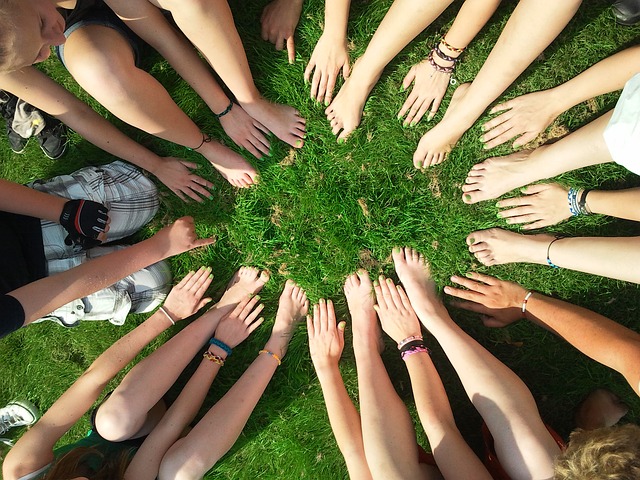This week’s prompt asks the question, “Which of the Eight Characteristics of the Innovator’s Mindset do you best exhibit and why?” The characteristics referred to in the prompt were listed by Cuoros (p. 93) in his 2015 book, The Innovator’s Mindset: Empower Learning, Unleash Talent, and Lead a Culture of Creativity. I think it’s necessary to point out each of these characteristics before moving on. They are: visionary, empathetic, models learning, open risk-taker, networked, observant, team builder, and always focused on relationships.

While I do believe I am visionary in many respects of the word, I don’t believe I best exhibit that trait. Couros (2015, p. 113) places a Thomas Edison quote in his book when writing about taking action. The quote is, “Vision without execution is hallucination.” While I often think big, and am able to break down my goals into smaller tasks (which Cuoros states the importance of doing, also on page 113), I have difficulty completing them if I do not have a partner to collaborate with. However, he is talking about completing tasks within an entire school system. While delegation is something I’ve gained a stronger grasp of over the course of my internship this summer, I still don’t believe this is the strongest of my characteristics in the Innovator’s Mindset.
I could go on like this for each trait until I found the right one, but this post would be rather extensive, because I feel like the characteristic I embody the most is the last one on the list. As I stated with the vision characteristic, I work much better when I’ve got people to work with. This is why I believe I best embody the characteristic of always being focused on relationships.
From past educational endeavors, I’ve discovered that groups work most strongly together when they are attuned to each other’s experiences. We are able to learn from the lives of others, as long as we keep our minds open to it. Plus, if I’m not able to bounce ideas off another person, or accept criticism, then my idea either won’t come to fruition, or it will likely be shot down as soon as it gets a chance to emerge. Couros (2015, p. 95) also says, “If you have lost focus on and connection with the people in your building, even if you offer new ideas, they might not be embraced by those you lead.” So, we need to make those connections, and maintain them.

To use this characteristic in the context of my own experience in higher education, I’ll reference my time last year as a hall director in Brookman Hall. For our first semester, I allowed each of my three RAs to choose their own theme, and decided to look at their floor decorations once they were all finished. What ended up happening was a hodgepodge of themes, and this gave the building no sense of community. Building community is a major aspect of the job, therefore, this was something of a failure. We learned from this, and spent some time at the end of the first semester collaborating with one another to create something new. It could be argued that these processes also fulfill the team building trait. Essentially, what had happened after we spent half the year getting to know each other, was that we all realized we loved Harry Potter, as did many of the residents in the building. We gave each floor a Hogwarts house, and in the second semester, held a semester-long House Cup.
This generated the sense of community we were missing in our first semester. Student attendance at events nearly tripled, and people would actively participate in each event. Residents would stop by my office on a weekly basis to remind me to update the House Cup points leaderboard. Everyone in the building got into it, and it’s because we took the time to learn each other’s interests, and worked together as a team. This also made program-planning incredibly easy for the rest of the year, as they took the ideas they already had, incorporated Harry Potter themes, and used those themes to strengthen their programs. It worked significantly better than what we had going on in the first semester, and it was the perfect example of what team building and being focused on relationships can do for a group of student staff members and their residents in a residence hall. Job duties were fulfilled, and great relationships were formed as a result.